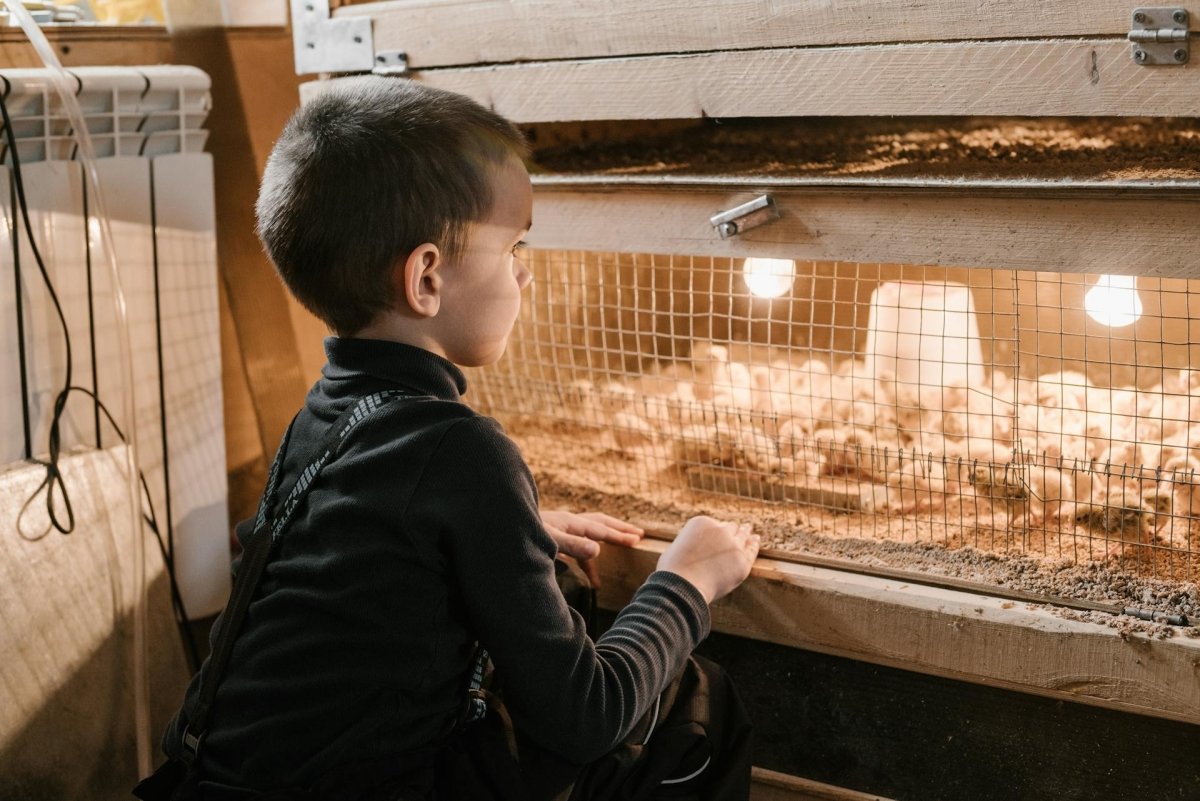
How to Look After Baby Chicks
Raising baby chicks is a fulfilling and exciting process, but it requires careful attention and preparation to ensure they thrive. From their earliest days, baby chicks rely on you for the basics of survival, including warmth, food, and a clean environment.
Proper care during this critical period is essential for their development into healthy adult chickens. In this article, we’ll explore key areas like housing, nutrition, temperature management, and healthcare, offering you practical tips to help raise a happy and healthy flock of chickens from day one.
Preparing for Arrival - What to Do Before the Chicks Arrive
Brooder Setup:
Before your baby chicks arrive, ensure you have a safe, clean, and secure brooder. The space should be well-enclosed to prevent drafts and keep predators out. Use soft, absorbent bedding like pine shavings to provide comfort and cleanliness.
Temperature Control:
Newly hatched chicks need consistent warmth. A heat lamp or brooder plate is essential to maintain an ideal temperature. Start at 32°C (90°F) during the first week, reducing it by 3°C weekly as they grow and develop feathers.
Hydration:
Chicks need immediate access to fresh, clean water upon arrival. Use shallow water containers to prevent drowning and ensure hydration. Clean the waterers frequently to maintain hygiene and reduce the risk of disease.
How to Feed Baby Chicks
First Feed:
Baby chicks require specialised chick starter feed, which is rich in protein and essential nutrients to support their rapid growth and development. This high-protein feed is designed to meet their nutritional needs during the early weeks.
Types of Feed:
Chick starter feed is typically available in crumble or mash form, making it easier for baby chicks to consume and digest. Both options ensure they receive the necessary nutrients.
Fresh Water:
Ensure chicks always have access to clean, fresh water. It’s important to refresh their water regularly to prevent contamination and dehydration.
Feeding Schedule:
Chicks should be fed continuously throughout the day. Regular feeding and monitoring their intake ensures they are growing properly and getting the right amount of nutrition.
How Warm Should Chicks Be Kept?
Heat Source:
It’s vital to position a heat lamp or brooder plate correctly in the brooder. Start with a temperature of around 35°C directly beneath the lamp, adjusting the height to maintain the desired warmth.
Signs of Overheating or Chilling:
Chicks huddled under the heat source indicate they are too cold, while chicks spread out and away from the heat source suggest overheating. Observing behaviour is key to making adjustments.
Temperature Guidelines:
Reduce the temperature by 3-4°C each week until chicks are fully feathered, typically by 6-8 weeks of age.
How to Handle Chicks?
Early Handling:
Gently handling baby chicks is essential for building trust and minimising stress. Start by softly cradling them and letting them acclimatise to your presence, which helps them become more comfortable with human interaction.
Interaction with Flock Members:
Socialisation among chicks is crucial for their behavioural development. Introduce them gradually to older chickens to ensure a harmonious flock dynamic. Monitor interactions to prevent bullying and allow chicks to learn social cues.
Enrichment Activities:
Provide simple toys or objects, such as mirrors, small balls, or shredded paper, to stimulate curiosity and encourage exploration. These activities promote mental engagement and can help reduce stress, contributing to happier, healthier chicks as they grow.
How To Keep Chicks Healthy
Daily Health Checks:
Conducting daily health checks is vital to ensure your baby chicks thrive. Look for signs of illness such as lethargy, abnormal droppings, or respiratory distress, as these may indicate underlying health issues that require attention.
Common Health Issues:
Be aware of common problems like "pasty butt," where droppings stick to the vent, leg issues due to inadequate space or slipping, and dehydration, which can occur if chicks do not have access to clean water.
Vaccinations and Preventative Care:
Vaccination is crucial in protecting chicks from common diseases, such as Marek’s disease, which can severely impact their health. Additionally, maintaining a clean brooder environment is essential; regular cleaning helps prevent infections and promotes a safe living space for your growing chicks.
Moving to a Coop:Once your chicks are fully feathered, usually around six to eight weeks old, you can begin transitioning them to their outdoor coop.
Outdoor Safety:
Ensure the coop is predator-proof, with secure locks and barriers, to protect your chickens from threats like foxes or raccoons. Additionally, provide adequate shelter to keep them safe from harsh weather.
Introducing to a New Environment:
Introduce your chicks to the outdoor space gradually, allowing them to explore and adapt. If you plan to free-range, supervise their initial outings to ensure they are comfortable in their new surroundings.
In summary, caring for baby chicks involves crucial aspects such as proper feeding, maintaining warmth, and ensuring safety.
By providing the right environment and care, your chicks will thrive, growing into healthy hens or roosters.
Remember, the journey of raising chicks is not only fulfilling but also offers numerous rewards, from fresh eggs to companionship.
By following the guidelines outlined, you can ensure a successful and enriching experience in raising your feathered friends. Embrace the joy of nurturing these adorable chicks into adulthood!

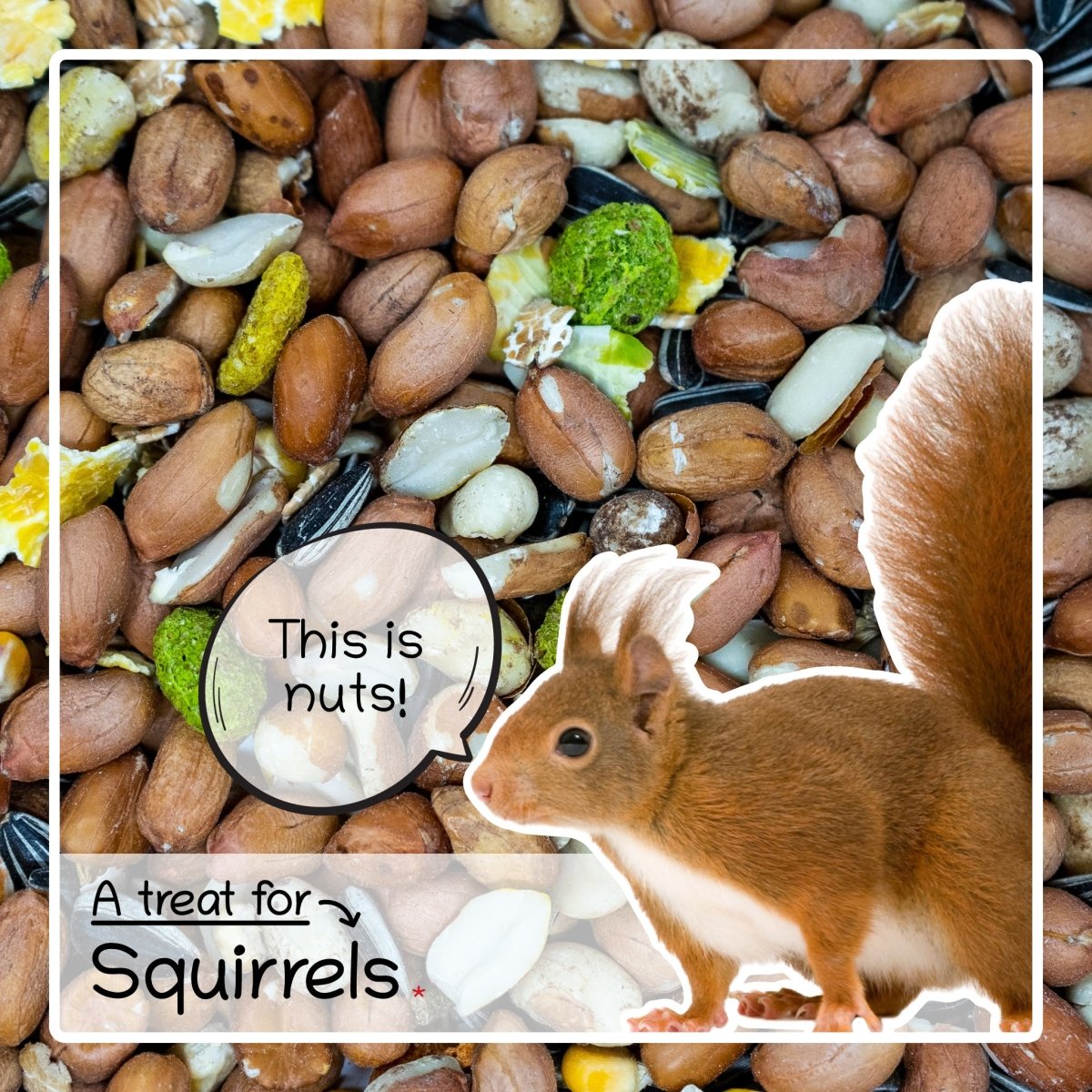
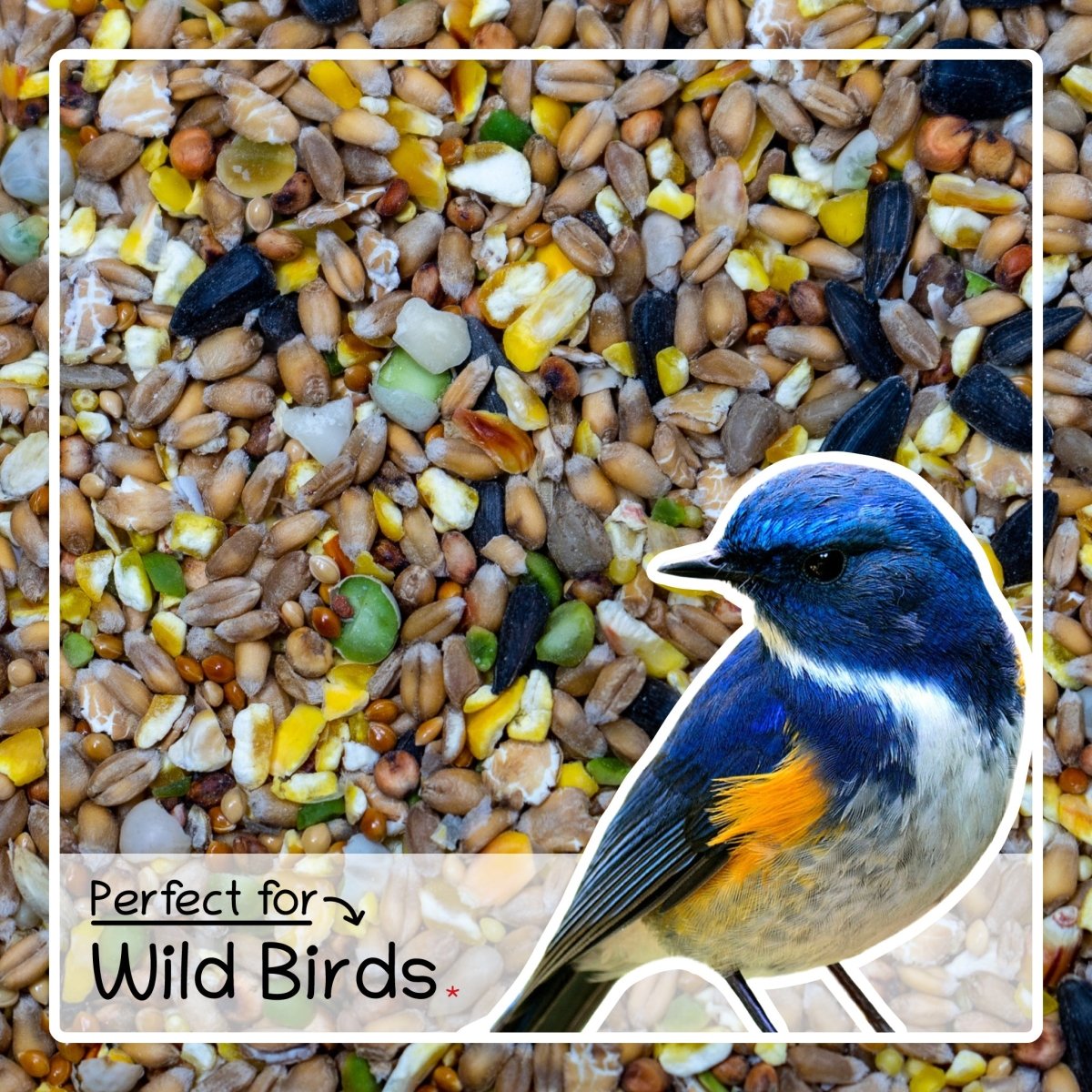
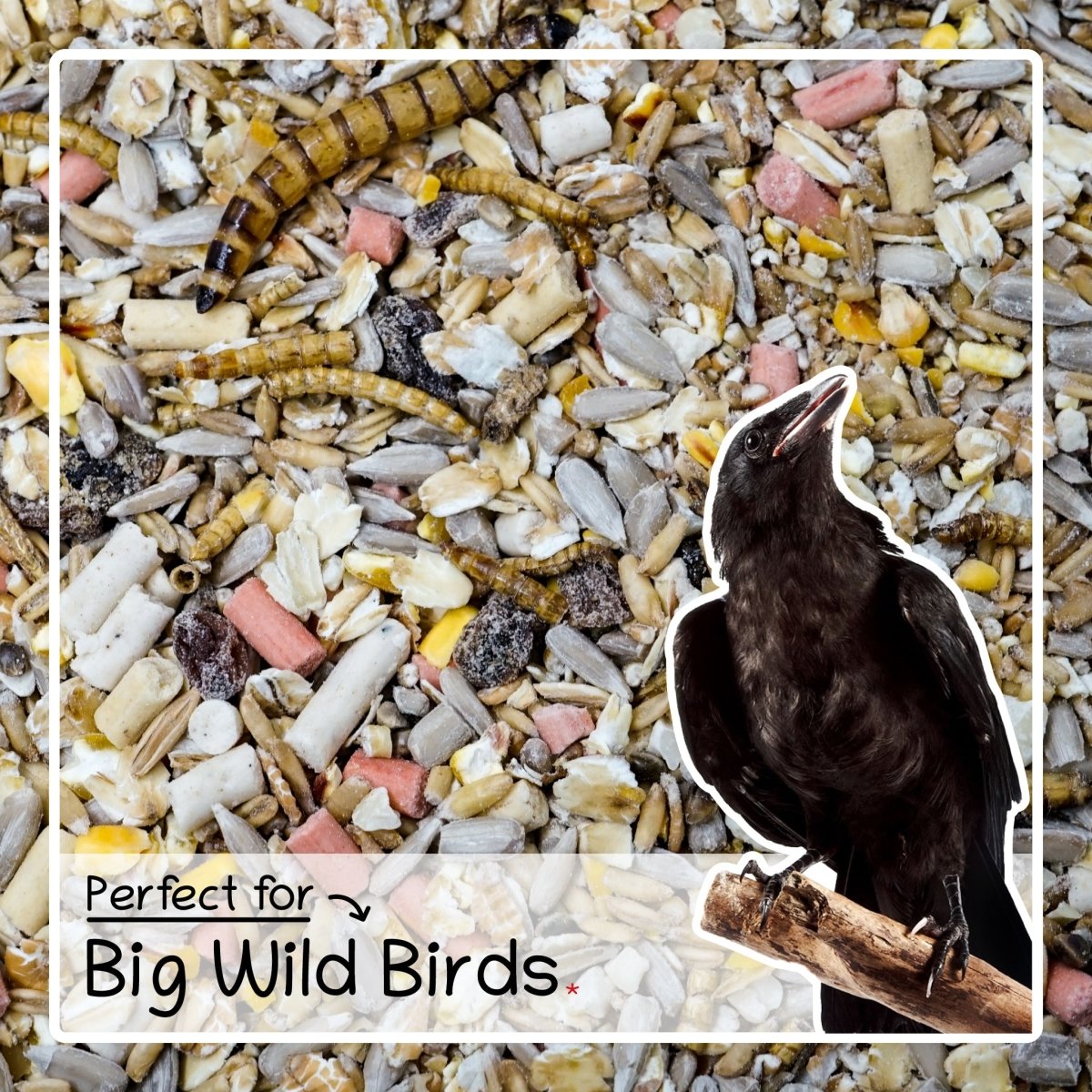
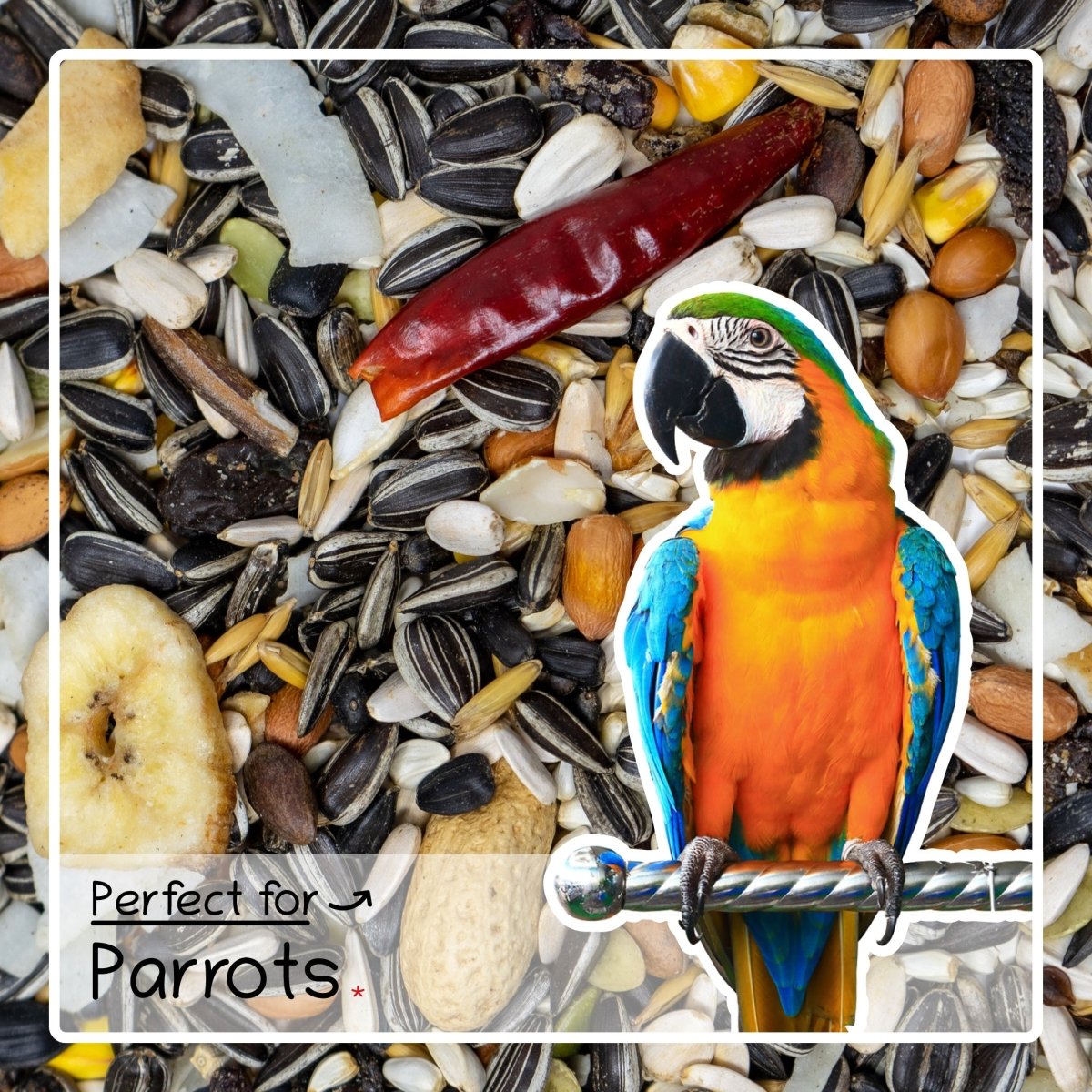
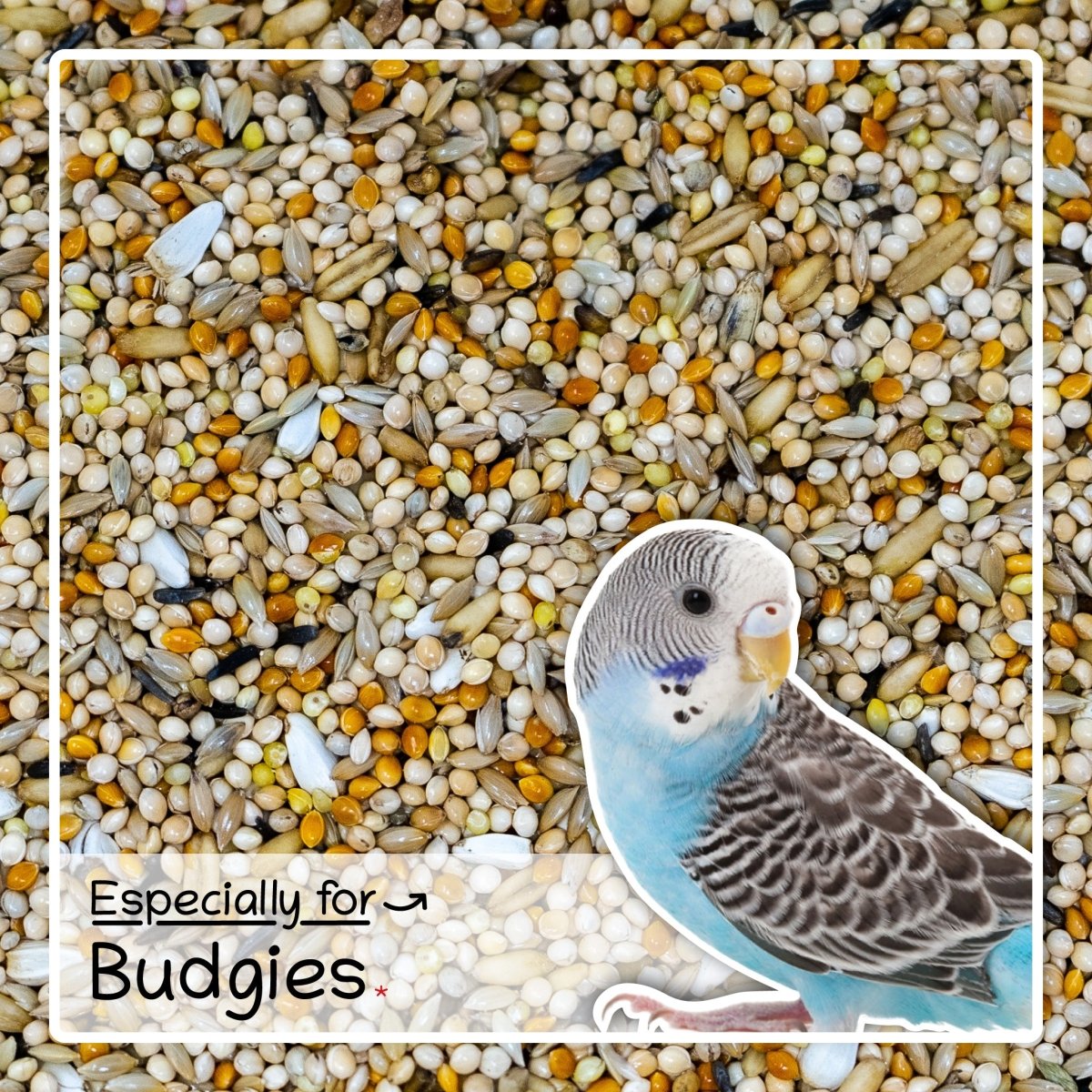
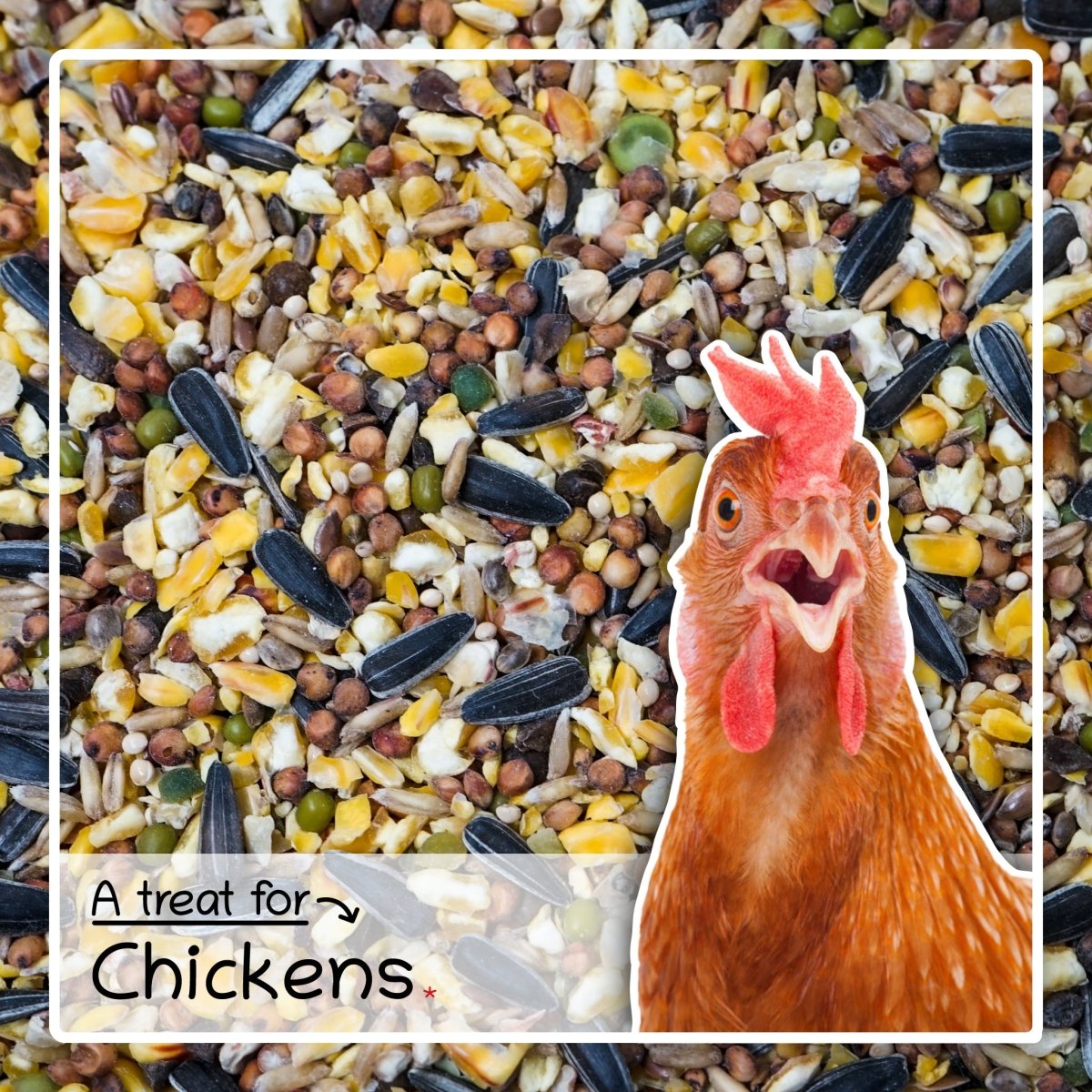
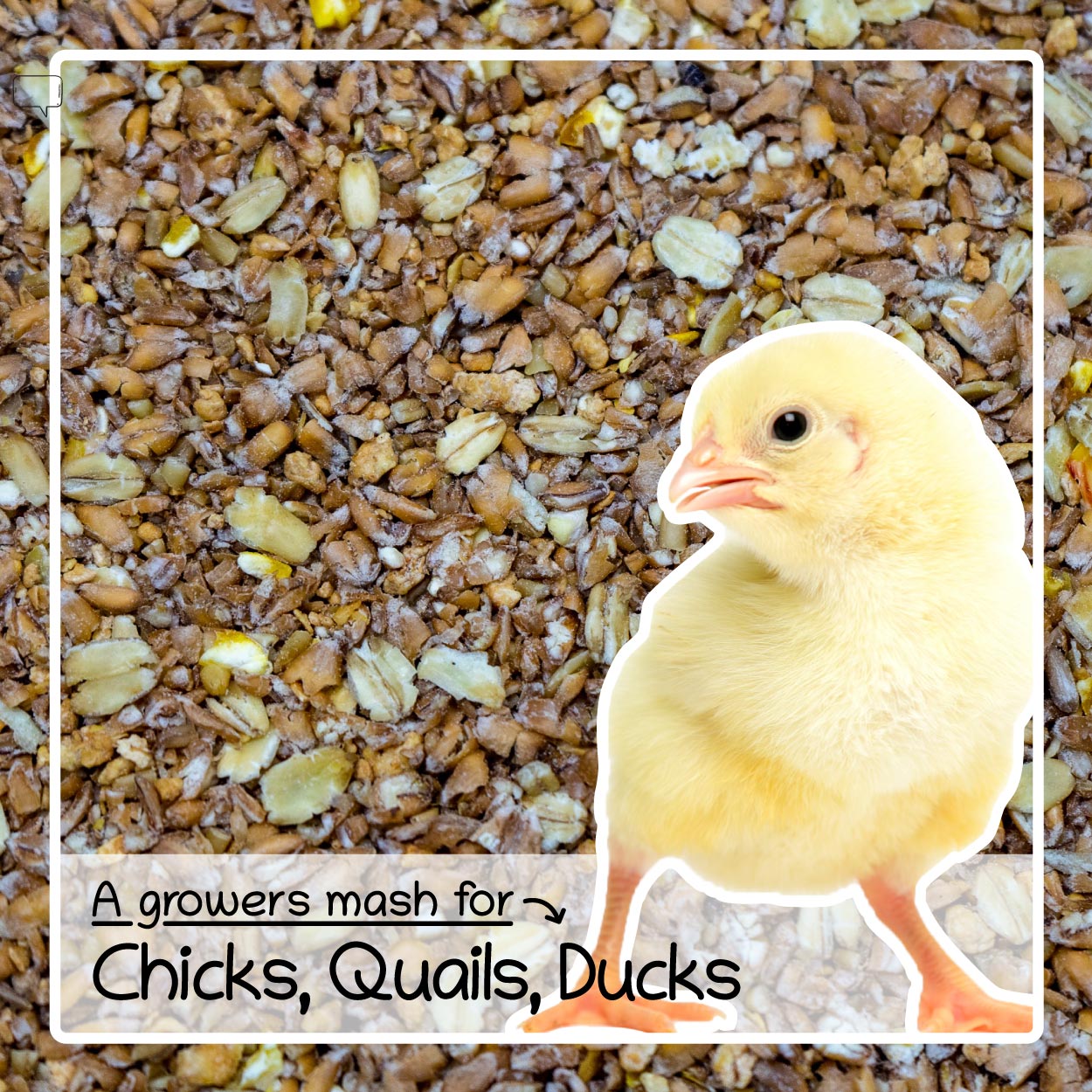
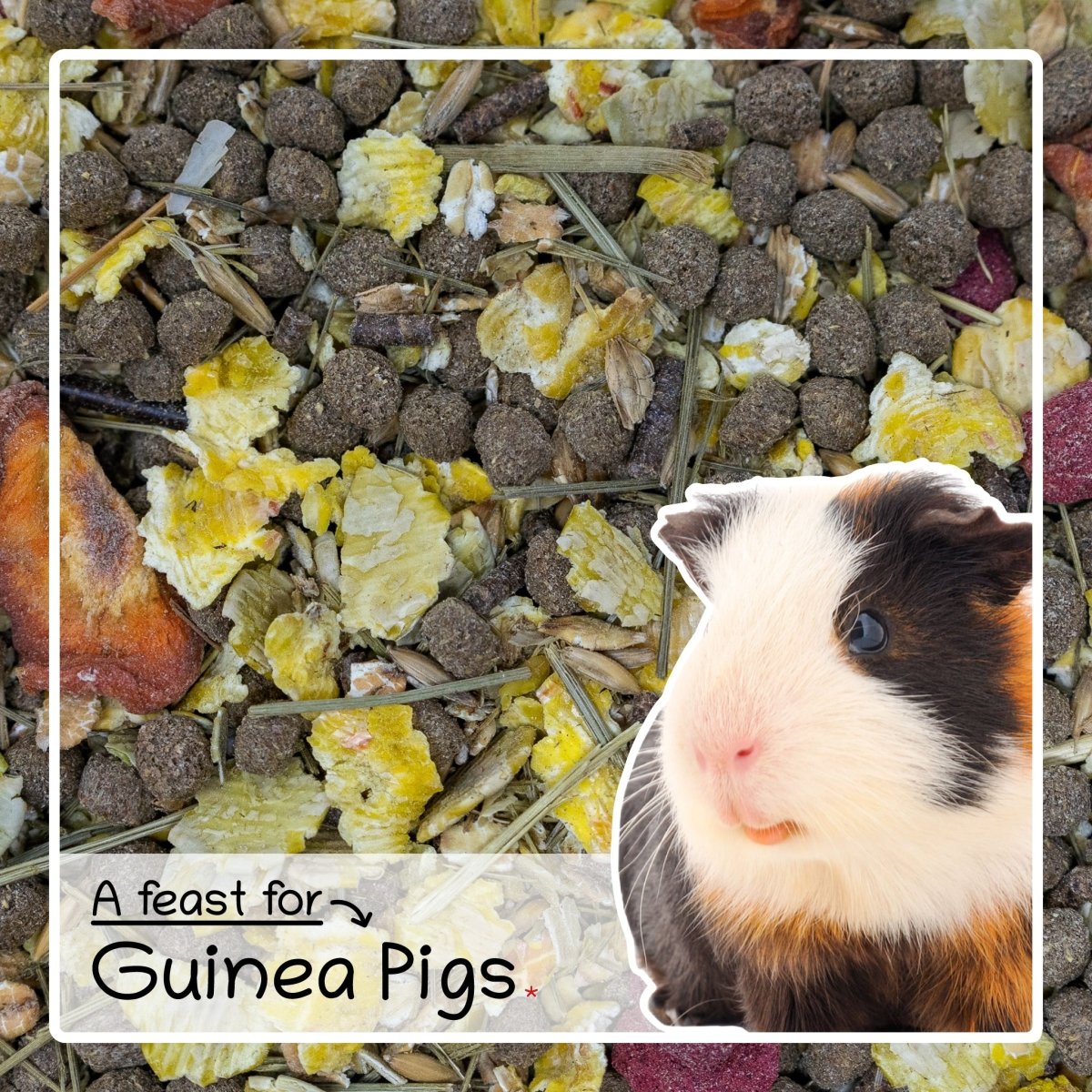
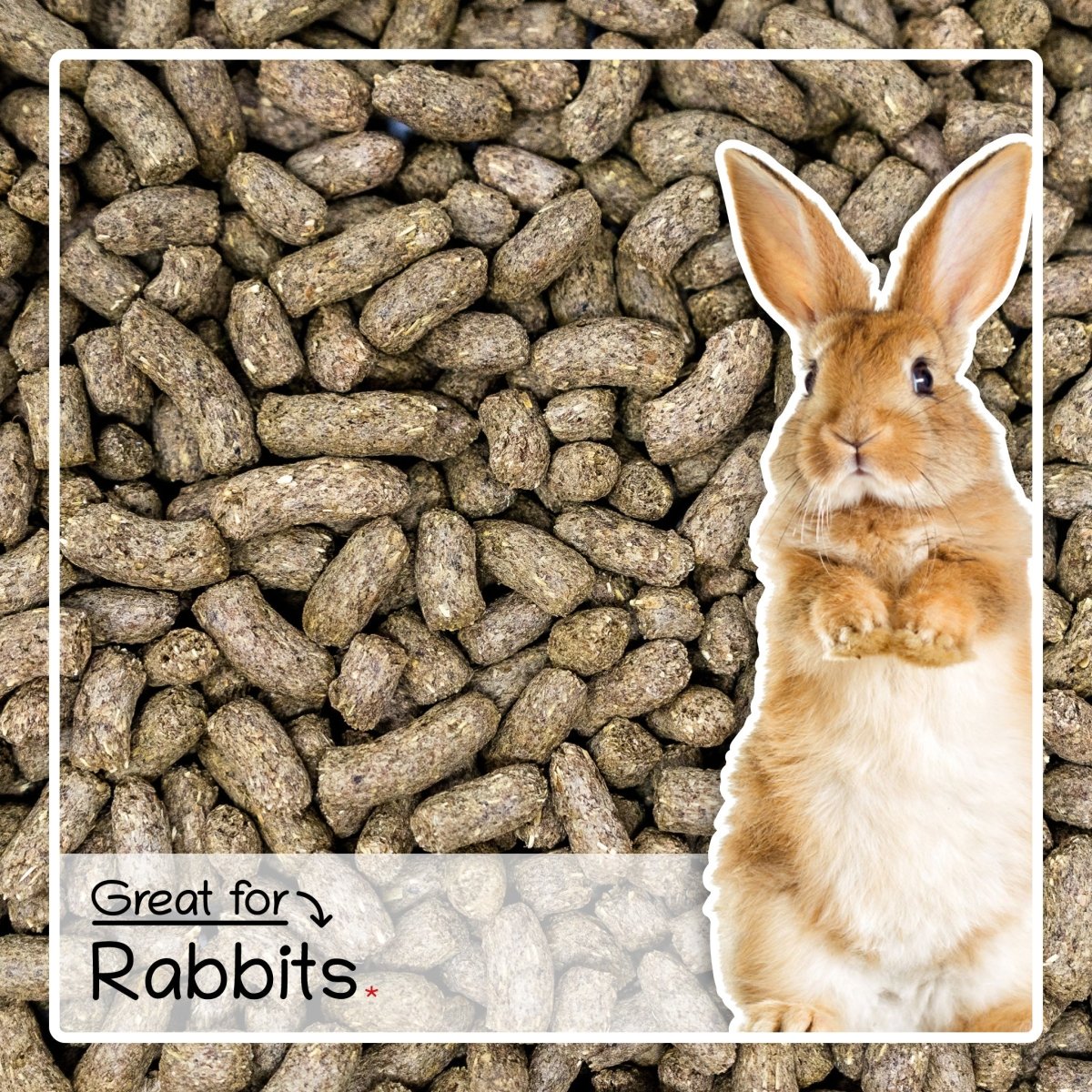





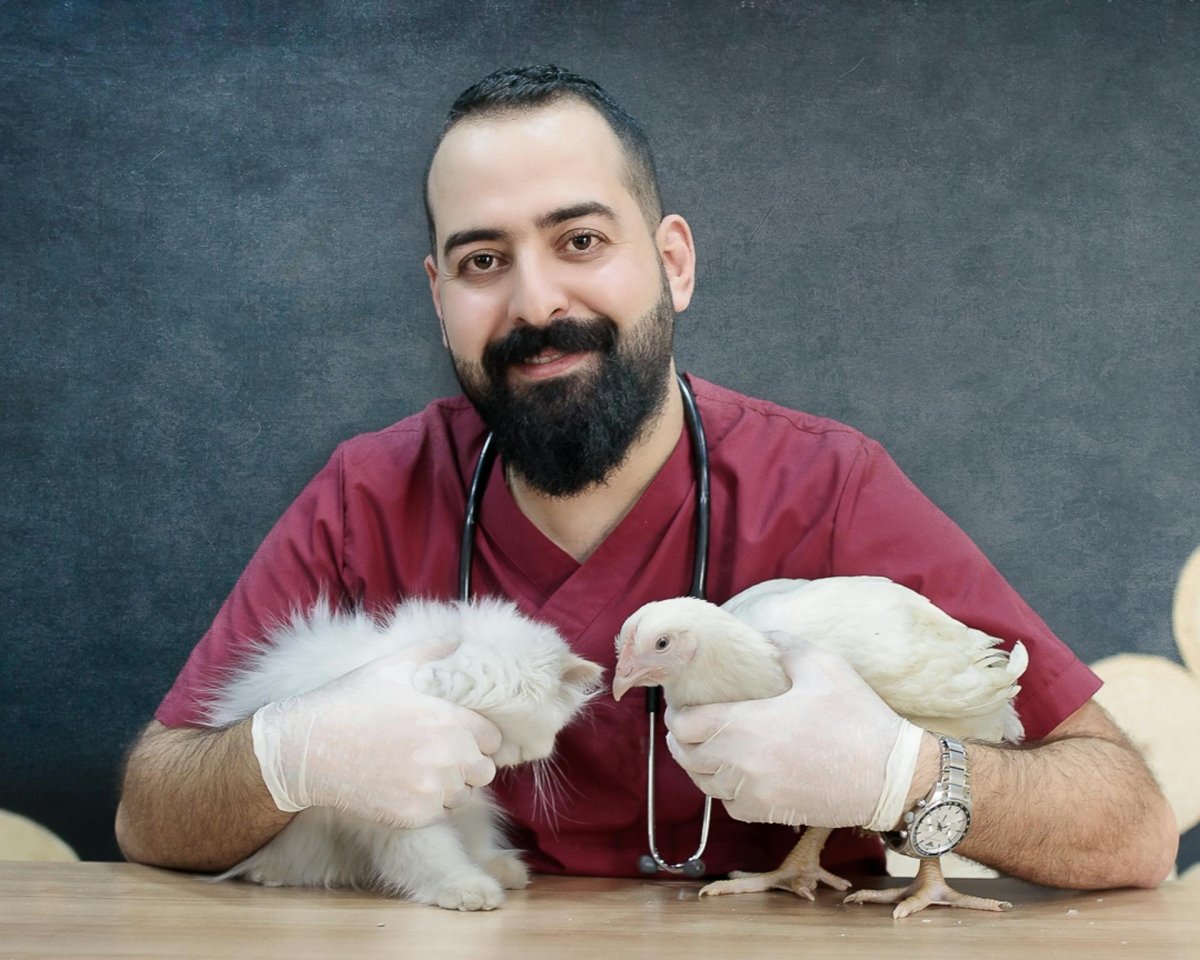
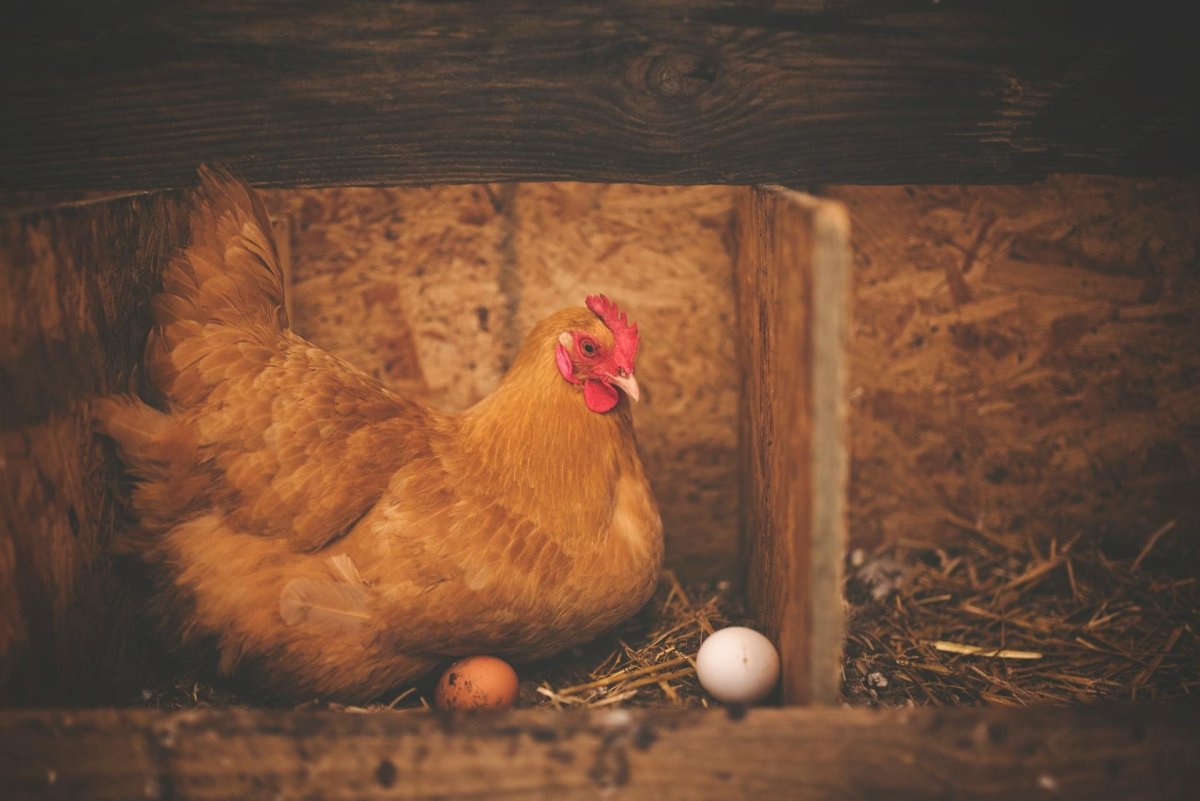
Leave a comment
This site is protected by hCaptcha and the hCaptcha Privacy Policy and Terms of Service apply.